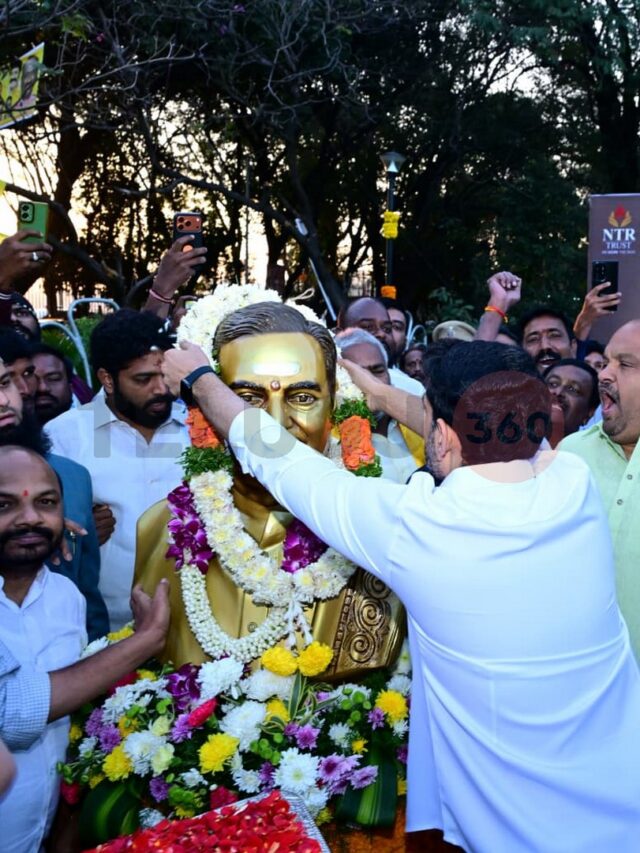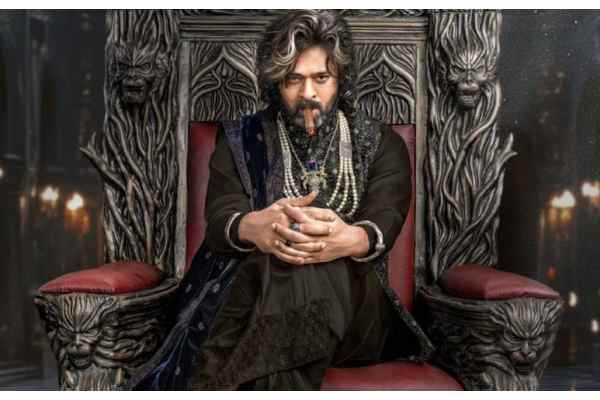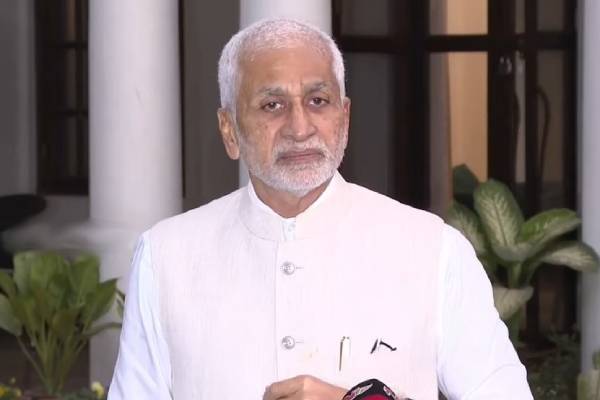Lakshmi Manchu has stepped into the spotlight once again, not for a film release, but for raising her voice against what she calls casual misogyny and humiliation. In a strongly worded letter, she demanded accountability from a senior journalist, claiming his question crossed the line between curiosity and cruelty.
Her words are powerful: “Respect is not optional. Accountability is not negotiable.” This is more than a reaction; it is a call to action. She positions herself not only as an actress defending her dignity, but also as a representative for many young women who face the same treatment in professional spaces.
The debate now divides opinion. Some hail her as a fearless voice who dared to stand up to a culture that normalizes disrespect towards women. They see her response as necessary, because silence would only encourage more such incidents. For them, Lakshmi’s statement is not just about her—it is about setting a precedent that every woman deserves dignity, no matter the platform.
Others, however, wonder if her approach was too sharp. Could the same point have been made with composure instead of confrontation? After all, a public figure’s reactions often shape the tone of the debate. Critics argue that strength can also be shown through calm restraint, and that an overreaction may distract from the seriousness of the issue.
What cannot be denied is this: Lakshmi Manchu has put the spotlight on the way women in the public eye are questioned and judged. By demanding a public apology, she has raised the bar for accountability in the media. Whether one agrees with her tone or not, her message is clear—disrespect has no place, and calling it out is not a choice but a responsibility.
Lakshmi’s stand is a reminder that dignity is not negotiable. And in the long run, her voice may echo louder than the question that sparked it.


































